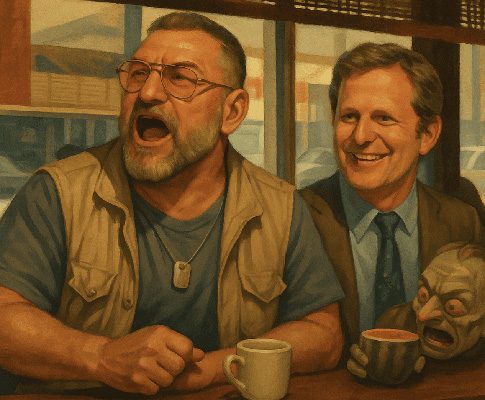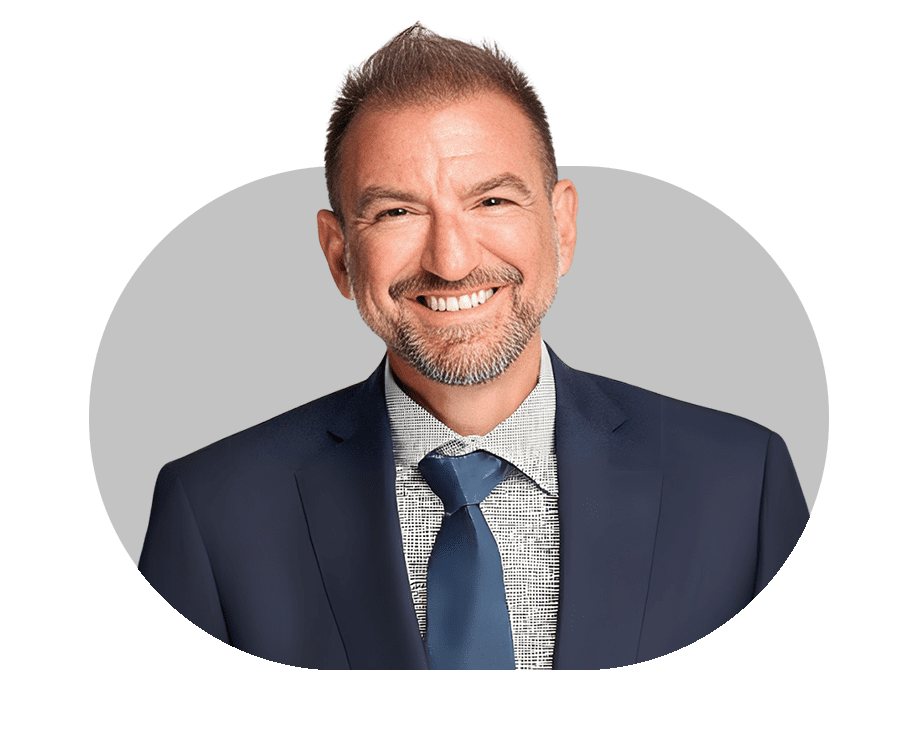
Case Overview
For First Amendment enthusiasts, Professor Eugene Volokh likely does not require an introduction, but doing so adds to the irony of a recent court order that purported to require him, a non-party to the case, to delete or take down articles reporting on a Florida property case. Professor Volokh is a senior fellow at the Hoover Institution at Stanford University and a UCLA School of Law emeritus law professor. He frequently provides legal and political commentary for The Volokh Conspiracy, including discussions of First Amendment issues.
In 2020, Professor Volokh wrote several articles discussing a Florida case, Hyman v. Daoud, where he explained that a resulting content takedown order was overly broad. While litigants can choose to enter, and have a judge sign off on, agreements to remove their own postings related to a lawsuit, those agreements bind only parties to the case. Professor Volokh’s article emphasized the unusual nature of this order. Specifically, the original version of the order required internet service providers to remove “all statements, posts, social media, or videos or documents related, directly or indirectly, to this lawsuit” and included specific hyperlinks that the order applied to (but was explicitly not limited to). Subsequently, he wrote about how the plaintiff, or someone acting on her behalf, had used the court order to request Google take down mainstream news articles reporting on the case. Later, similar requests were made to deindex his reporting. In response, Professor Volokh wrote a piece titled “Attempt to Vanish My Article About Attempt to Vanish Other Articles.”
For several years, this appeared to be the end of it. However, in 2024, the plaintiff successfully moved to amend the takedown order, which it claimed failed to include covered hyperlinks due to “clerical error.” The judges’s resulting order included each of Professor Volokh’s articles as subject to takedown requests. Notably, each of Professor Volokh’s articles was written after the original takedown order and could not have been covered by the original court order.
Randazza Legal Group immediately stepped in to represent Professor Volokh pro bono. RLG filed a Motion to Intervene and Reconsider and a Notice of Non-compliance, arguing that the order was invalid as applied to Professor Volokh because he was not a party to the lawsuit and application to Professor Volokh’s articles would have unconstitutionally deprived him of his First Amendment and due process rights. Just days later, the court issued an order vacating the takedown order to the extent that it applied to non-parties.
In discussing the case, Marc Randazza emphasized that “it is not unusual for attorneys who are familiar with a judge to just stick an order in their face and get a signature because the judge inherently trusts them. I don’t know if that is what happened here, but it would be a reasonable theory. In situations like that, I think attorneys have a heightened responsibility to protect the judge’s reputation by only putting something reasonable before them. I’m also particularly impressed by this judge in that he corrected the problem immediately. That shows humility and integrity, good qualities in a judge.”
RLG’s pro bono work protected Professor Volokh’s speech rights, ensuring that an overly broad court order did not infringe on his First Amendment rights. This case serves as an important reminder that people are free to discuss and report on cases, even if the litigants involved would prefer otherwise.

